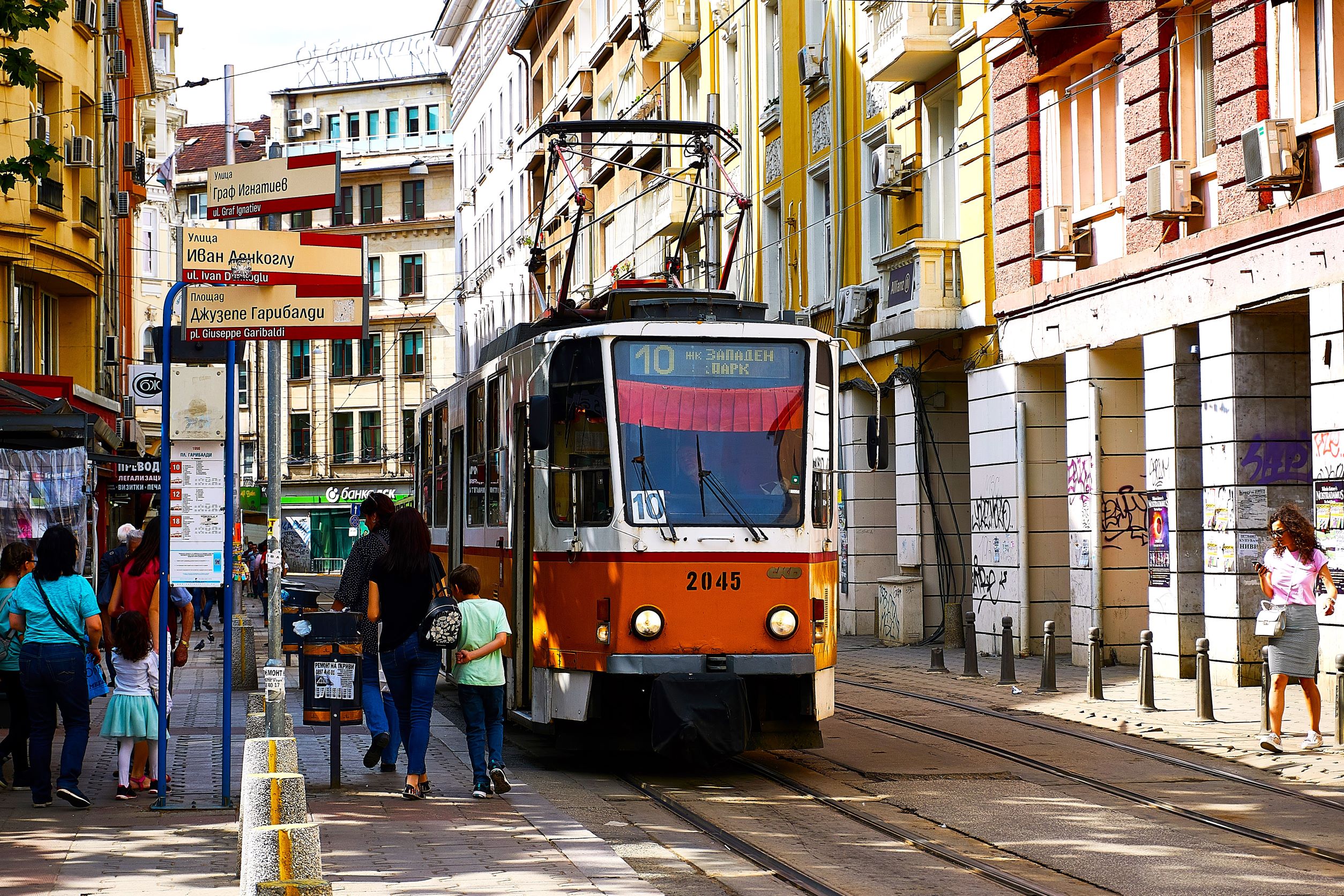Sofia, Bulgaria
Sofia is the capital and largest city of Bulgaria, with a population of around 1.3 million people. Located at the foot of the Vitosha mountain in the western part of the country, Sofia is a modern, cosmopolitan city with a rich history and cultural heritage. The city’s economy is based on a mix of industry, services, and tourism, with many major international companies having a presence in Sofia.
Sofia has a humid continental climate, with cold, snowy winters and hot, dry summers. The average temperature in the city ranges from -2°C (28°F) in January to 24°C (75°F) in July. The best months to visit Sofia are from May to September, when the weather is warm and sunny.
There are many things to do and see in Sofia, with its rich cultural heritage and vibrant city life. Some of the top attractions in Sofia include the Alexander Nevsky Cathedral, which is one of the largest Eastern Orthodox cathedrals in the world, and the Boyana Church, which is a UNESCO World Heritage Site and is known for its beautiful frescoes.
Other popular activities in Sofia include visiting the National Museum of History, which houses a collection of artifacts and artifacts from Bulgarian history, and the National Gallery of Art, which features a collection of Bulgarian and international art.
Sofia is also known for its many beautiful parks and gardens, such as the Borisova Gradina, which is the largest park in the city and is a popular spot for picnics and outdoor activities. The city is also home to many museums and galleries, including the Sofia City Art Gallery, which showcases contemporary Bulgarian art.
Additionally, Sofia is known for its vibrant nightlife, with many bars, clubs, and restaurants offering a wide range of entertainment options. The city is also home to many cultural festivals and events, such as the Sofia Film Festival, which is held annually in March and features a selection of international and Bulgarian films.
Overall, Sofia is a vibrant and exciting city that offers something for everyone, from its rich cultural heritage and beautiful natural scenery to its vibrant nightlife and many exciting activities. Whether you’re looking for history, culture, or entertainment, Sofia has it all.
The people of Sofia are known for their warm hospitality and rich cultural heritage. Bulgarian culture is heavily influenced by the country’s history and geography, with a mix of Slavic, Balkan, and Eastern Orthodox traditions.
One of the most notable aspects of Sofia’s culture is its food and beverage scene. The city is home to many restaurants and bars offering a wide range of cuisines, from traditional Bulgarian dishes to international fare. Some of the top restaurants in Sofia include Shtastliveca, which offers traditional Bulgarian cuisine, and Manastirska Magernitsa, which serves delicious grilled meats and salads.
Sofia is also known for its vibrant nightlife, with many bars and clubs offering a wide range of entertainment options. Some of the top bars in Sofia include Memento, which is a popular spot for craft beer and live music, and The Little Things, which is known for its cozy atmosphere and delicious cocktails.
In terms of the cityscape and buildings, Sofia is home to many beautiful and unique buildings, including temples, museums, and historic landmarks. Some of the top architectural sights in Sofia include the Alexander Nevsky Cathedral, which is one of the largest Eastern Orthodox cathedrals in the world, and the National Palace of Culture, which is the largest multifunctional conference and exhibition center in the Balkans.
Sofia is also located near the Vitosha mountain, which offers beautiful natural scenery and many outdoor activities. Some of the top hiking and skiing destinations in the area include the Rila Monastery, which is a UNESCO World Heritage Site and is located in the Rila mountain range, and the Borovets ski resort, which is one of the oldest ski resorts in Bulgaria.
When traveling to Sofia, it is important to be aware of certain taboos and cultural norms. For example, it is considered rude to refuse a drink or a meal when offered by a host, as hospitality is highly valued in Bulgarian culture. It is also important to be respectful of local customs and traditions, and to ask permission before taking photos of people or sacred objects. Additionally, it is important to be aware of the customs and protocols surrounding religious sites, such as Orthodox churches.

